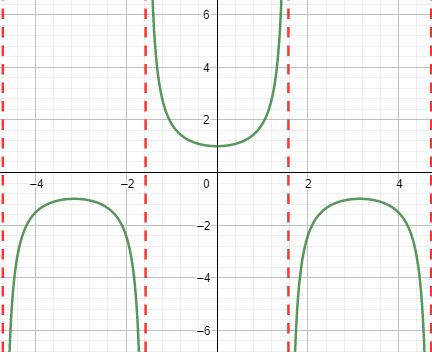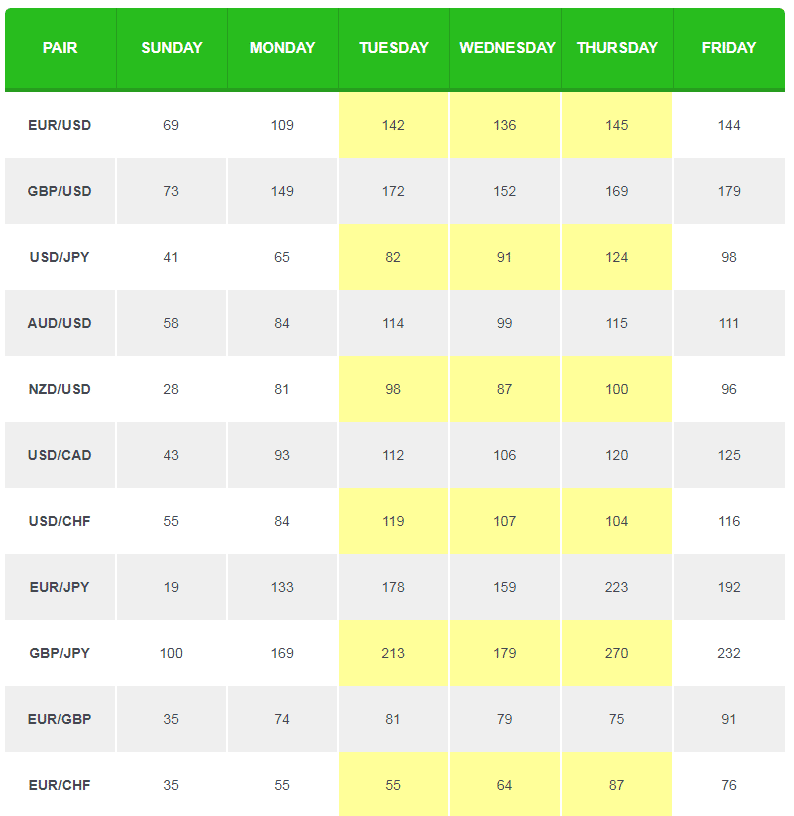
A bond is an investment that pays a fixed amount of interest over a specified time period. Bonds are more secure than equities because you know you'll get your money back once the bond expires. The price of the bond could drop as interest rates rise. This is something to be aware of when buying a bond.
Bonds are a great option to diversify portfolio. To achieve the same level diversification, you might need to invest in multiple types of bonds. It is not possible to guarantee that all your bonds will mature. Failure to fulfill obligations by a company will result in the bond being cancelled. This risk can be mitigated with a bond fund.

There are many types of bonds to choose from, including state, local, and federal government bonds. Investors find government bonds more attractive because they are typically higher priced. Bonds are more resilient during economic uncertainty. You should seek the advice of a financial advisor if you are thinking about purchasing a bond.
A bond fund is a type mutual fund that is typically managed by a bond manager. A bond fund serves the primary purpose of providing you with a portfolio consisting of bonds that meet a set maturity level. The managers of a fund are not restricted by the same constraints that individual investors. A fund can hold a substantial amount of cash for redemptions or to offset the costs of maintaining the fund. You can also sell bonds in case of loss. Bond funds are a great option to make capital gains while preserving your principal.
Bonds and bond funds can perform well in a rising interest rate environment. The bond market isn't liquid but it can be a good investment for those with a long time horizon. In times of recession, a bond fund can provide the best protection. Investors can be patient as long as interest rates rise at an acceptable rate. However, a steep hike at the long end of the yield curve can wreck havoc on bonds with long life spans.
While there are no guarantees that your bond fund will perform well, a well-diversified portfolio of bonds may be the best way to achieve the same level of diversification. Although bond funds are not as long-lasting as individual bonds they can still offer attractive yields. You may also be able to get additional returns by purchasing bonds of shorter duration.

The most obvious difference between a bond fund and individual bonds is that a fund may be more difficult to rebalance. A fund may also have greater trading costs. This could negate any gains you may have made from your original purchase. Similar to the previous example, it can be more difficult for you to find the right bond.
FAQ
How does inflation affect the stock market?
Inflation can affect the stock market because investors have to pay more dollars each year for goods or services. As prices rise, stocks fall. This is why it's important to buy shares at a discount.
What is a Bond?
A bond agreement between 2 parties that involves money changing hands in exchange for goods or service. It is also known as a contract.
A bond is typically written on paper, signed by both parties. The document contains details such as the date, amount owed, interest rate, etc.
The bond is used for risks such as the possibility of a business failing or someone breaking a promise.
Many bonds are used in conjunction with mortgages and other types of loans. This means that the borrower will need to repay the loan along with any interest.
Bonds are also used to raise money for big projects like building roads, bridges, and hospitals.
A bond becomes due upon maturity. This means that the bond owner gets the principal amount plus any interest.
If a bond isn't paid back, the lender will lose its money.
What's the difference between a broker or a financial advisor?
Brokers are individuals who help people and businesses to buy and sell securities and other forms. They handle all paperwork.
Financial advisors are experts in the field of personal finances. They use their expertise to help clients plan for retirement, prepare for emergencies, and achieve financial goals.
Banks, insurance companies and other institutions may employ financial advisors. You can also find them working independently as professionals who charge a fee.
You should take classes in marketing, finance, and accounting if you are interested in a career in financial services. Also, you'll need to learn about different types of investments.
What's the role of the Securities and Exchange Commission (SEC)?
The SEC regulates securities exchanges, broker-dealers, investment companies, and other entities involved in the distribution of securities. It also enforces federal securities law.
What is a REIT?
A real estate investment Trust (REIT), or real estate trust, is an entity which owns income-producing property such as office buildings, shopping centres, offices buildings, hotels and industrial parks. They are publicly traded companies which pay dividends to shareholders rather than corporate taxes.
They are very similar to corporations, except they own property and not produce goods.
Who can trade on the stock exchange?
The answer is yes. All people are not equal in this universe. Some people have more knowledge and skills than others. So they should be rewarded for their efforts.
Other factors also play a role in whether or not someone is successful at trading stocks. If you don't understand financial reports, you won’t be able take any decisions.
These reports are not for you unless you know how to interpret them. Each number must be understood. And you must be able to interpret the numbers correctly.
You will be able spot trends and patterns within the data. This will enable you to make informed decisions about when to purchase and sell shares.
You might even make some money if you are fortunate enough.
How does the stock exchange work?
By buying shares of stock, you're purchasing ownership rights in a part of the company. The company has some rights that a shareholder can exercise. A shareholder can vote on major decisions and policies. He/she may demand damages compensation from the company. He/she also has the right to sue the company for breaching a contract.
A company cannot issue more shares that its total assets minus liabilities. It is known as capital adequacy.
A company with a high capital sufficiency ratio is considered to be safe. Low ratios can be risky investments.
Statistics
- "If all of your money's in one stock, you could potentially lose 50% of it overnight," Moore says. (nerdwallet.com)
- Even if you find talent for trading stocks, allocating more than 10% of your portfolio to an individual stock can expose your savings to too much volatility. (nerdwallet.com)
- US resident who opens a new IBKR Pro individual or joint account receives a 0.25% rate reduction on margin loans. (nerdwallet.com)
- The S&P 500 has grown about 10.5% per year since its establishment in the 1920s. (investopedia.com)
External Links
How To
How to Trade in Stock Market
Stock trading refers to the act of buying and selling stocks or bonds, commodities, currencies, derivatives, and other securities. The word "trading" comes from the French term traiteur (someone who buys and sells). Traders purchase and sell securities in order make money from the difference between what is paid and what they get. It is one of oldest forms of financial investing.
There are many ways you can invest in the stock exchange. There are three basic types of investing: passive, active, and hybrid. Passive investors are passive investors and watch their investments grow. Actively traded investor look for profitable companies and try to profit from them. Hybrid investor combine these two approaches.
Index funds track broad indices, such as S&P 500 or Dow Jones Industrial Average. Passive investment is achieved through index funds. This type of investing is very popular as it allows you the opportunity to reap the benefits and not have to worry about the risks. You just sit back and let your investments work for you.
Active investing is about picking specific companies to analyze their performance. Active investors will look at things such as earnings growth, return on equity, debt ratios, P/E ratio, cash flow, book value, dividend payout, management team, share price history, etc. Then they decide whether to purchase shares in the company or not. If they feel that the company is undervalued, they will buy shares and hope that the price goes up. However, if they feel that the company is too valuable, they will wait for it to drop before they buy stock.
Hybrid investing is a combination of passive and active investing. A fund may track many stocks. However, you may also choose to invest in several companies. In this instance, you might put part of your portfolio in passively managed funds and part in active managed funds.